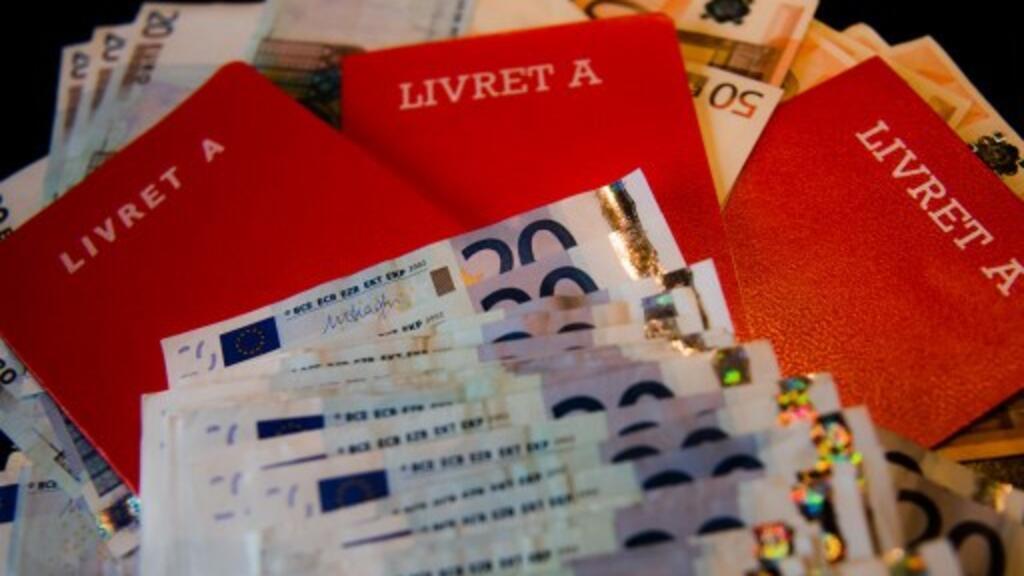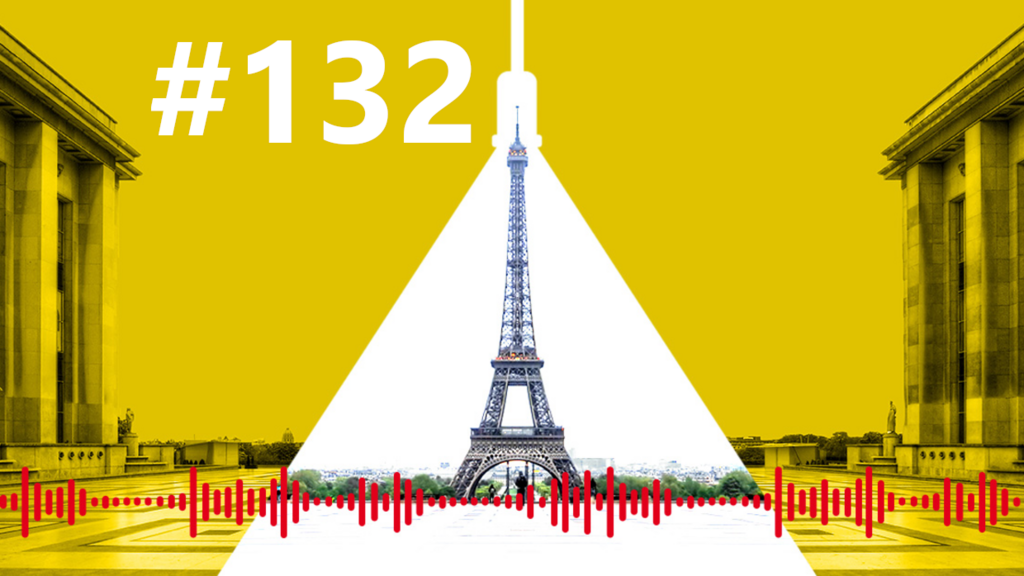
French households are saving at near-record levels, putting aside nearly 19 percent of their income since the start of the year. While the country has historically had a high savings rate, the increase reveals unease about the future and growing uncertainty around France's social safety net.
French households saved 18.6 percent of their income in the first quarter of 2025 – more than €6.4 trillion, according to the Banque de France.
The country hit a record level of savings during the Covid-19 pandemic, in part because lockdowns and business closures limited where money could be spent. While savings levels have since dropped, they remain higher than pre-Covid levels.
Signs of uncertainty
“The more people feel anxiety, the more they save,” explained Jeanne Lazarus, a sociologist at the French National Centre for Scientific Research who studies how households spend their money.
This is despite the fact, she notes, that France continues to offer strong social protection, in the shape of a robust public healthcare system, unemployment benefits and public pensions.
“If you're a wage earner, you are protected from many risks, and you also will receive a pension when you retire, so there are invisible savings taken from your wages,” Lazarus said.
France tops social welfare spending list, US comes in second
However, she explains, French people are putting aside near-record amounts of money because they perceive cracks in the system.
She has found that French people are worried about the future of the pension system, potential job loss due to illness and the cost of their children’s education. While French universities are for the most part free, there are increasing numbers of private schools with fees.
“It's getting more expensive, and in all cases you need to pay for housing and daily expenses, so people are starting to have that in mind,” explained Lazarus.
Listen to an interview with Jeanne Lazarus in the Spotlight on France podcast:

The economic cost of saving
While savings offer peace of mind to individuals, this poses a challenge for the broader economy, since savings, by definition, constitute money not being spent.
The French economy relies heavily on consumer spending, which dropped in 2023, stagnated in 2024 and is expected to increase by just 0.5 percent by the end of 2025, according to Stephane Colliac, an economist at French bank BNP Paribas.
He says this contributes to a widening public deficit. “The main cause of the deterioration of the deficit is revenues that came in lower than what the government anticipated,” he told RFI. “That drop in revenue was, in particular, a result of reduced consumption."
He says this reflects growing uncertainty, particularly about the labour market – even though France’s unemployment rate has not risen significantly.
French PM Lecornu survives no confidence votes after pension U-turn
Low-risk culture
The government has eyed household savings as a potential resource. The French public investment bank Bpifrance this week introduced a defence-specific savings account to fund the increased military spending that President Emmanuel Macron has called for, in order to boost Europe's capacities against Russia.
Most French people already put money into regulated savings accounts such as the Livret A, which finances social housing and other public works. As of the end of 2024, there were 58 million Livret A accounts open in France – nearly one per person.
These and other such regulated accounts offer fixed interest rates and are extremely low risk, and their popularity reflects broader French attitudes towards money.
“French people don't put a huge part of their money into risky products,” says Lazarus. “They mostly save in low-risk, state-regulated financial products. They don't really invest in companies or in stock markets.”
One in four French people forfeiting rights due to difficult admin procedures
The risk-averse approach is also reflected in how people view debt. “In France, credit is something that you are allowed to access only when you have reached a certain level of stability," says Lazarus.
Unlike in some countries, France does not have credit cards that allow users to borrow and pay back with interest over time. Instead, people must ask for consumer loans from banks, which are risk-averse.
“Banks will evaluate customers on their stability, so they need to have a permanent job, not to have moved a lot, in order to get credit,” said Lazarus.
As a result of lower access to easy credit, many households build up savings as a cushion against financial uncertainty.
And uncertainty remains a fixture in France, with the government in flux and debates over the budget and the role of public spending in healthcare and pensions.
“People are not very enthusiastic about what is going to happen,” says Lazarus. ”So they limit their spending and reassure themselves with a high level of saving.”
Listen to an interview with Jeanne Lazarus in the Spotlight on France podcast, episode 132, here.







